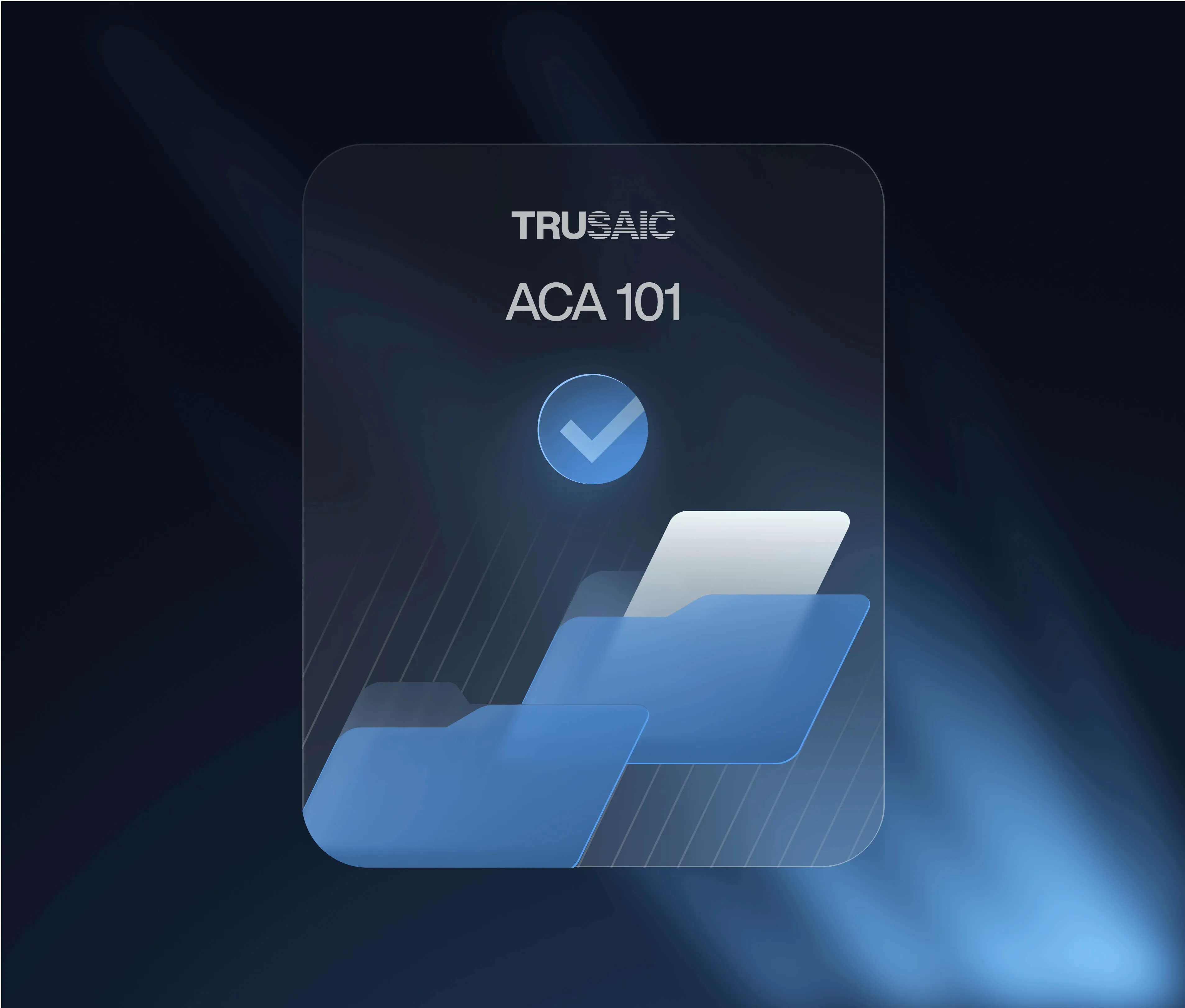South Africa’s Build One South Africa (BOSA) party introduced the Fair Pay Bill to parliament in June, which, if passed, will implement significant pay transparency requirements. The proposed law seeks to dismantle longstanding barriers to pay equity and ensure that compensation practices are more open, accountable, and equitable.
The Bill aligns with a growing global movement to improve pay equity, joining initiatives like the EU Pay Transparency Directive and various U.S. state-level transparency laws.
Key Changes Proposed in the Fair Pay Bill
The Fair Pay Bill introduces several pay transparency provisions
- Ban on salary history inquiries. Employers will no longer be allowed to ask candidates about their current or past pay during recruitment, selection, or appointment.
- The only exception: If an offer has already been made, and the candidate voluntarily requests that their previous pay be considered.
- Why it matters: This change breaks cycles of underpayment that disproportionately affect women, youth, and historically disadvantaged groups.
- Mandatory pay range disclosure. Employers will be required to disclose the salary or salary range for any advertised role during recruitment, promotion, or transfer processes.
- Vague “market-related” language will no longer suffice; candidates will know upfront what compensation is on the table.
- Employee rights to discuss pay. Workers will have the explicit right to discuss job offers and pay ranges with colleagues, helping to eliminate the culture of secrecy and empower employees to advocate for fair pay.
- Remuneration transparency requirements. Employers will need to determine and document pay structures and ranges for each position.
- This documentation will make it easier to justify pay decisions, identify inequities, and ensure compliance with the Employment Equity Act.
Broader Impact on Wage Equity
The Fair Pay Bill directly tackles structural causes of wage inequality:
- Ending salary history dependence helps prevent the compounding effect of low starting pay that often affects women and underrepresented groups.
- Transparency in pay structures modernizes compensation practices, helping employers attract top talent and demonstrate accountability.
- Alignment with living wage discussions prompts businesses and policymakers to consider whether current wages adequately support basic living costs, including housing, food, education, and transportation.
The Bill also complements the pay disclosure provisions of the Companies Act, 2008 (as amended) by reinforcing a culture of openness, fairness, and accountability in corporate South Africa.
What Employers Should Do Now
If passed, the Fair Pay Bill will require immediate action from employers to avoid risk and remain competitive in talent markets:
- Audit and document your pay structures for every role.
- Establish clear, justifiable pay ranges for recruitment, promotions, and transfers.
- Remove salary history questions from all recruitment processes.
- Update HR policies and manager training to enable compliance and support fair pay practices.
Forward-thinking organizations can also begin proactive pay equity analyses to identify and resolve disparities before reporting becomes mandatory.
How Trusaic Can Help
At Trusaic, we help organizations navigate evolving pay transparency laws and implement data-driven pay equity strategies:
Trusaic’s PayParity® and Salary Range Finder® solutions work in tandem to help employers comply with pay transparency requirements while advancing meaningful pay equity.
- PayParity identifies pay inequities across gender, race/ethnicity, age, and more using intersectional, regression-based analyses. It also supports remediation planning, ensuring your compensation decisions are both unbiased and legally-defensible.
- Salary Range Finder empowers HR and compensation teams to create data-driven salary bands that are competitive, equitable, and transparent. Real-time guidance ensures new hire offers are aligned with both market rates and your internal pay structures — helping you attract talent while maintaining trust within your workforce.
With real-time pay guidance, managers, recruiters, and HR teams can make unbiased, competitive pay decisions faster — reducing time-to-hire, improving offer acceptance rates, and ensuring salary offers are aligned with your pay equity goals.
Proactive compliance with South Africa’s potential Fair Pay Bill doesn’t just reduce risk — it strengthens your employer brand and builds a fairer, more sustainable workplace.









